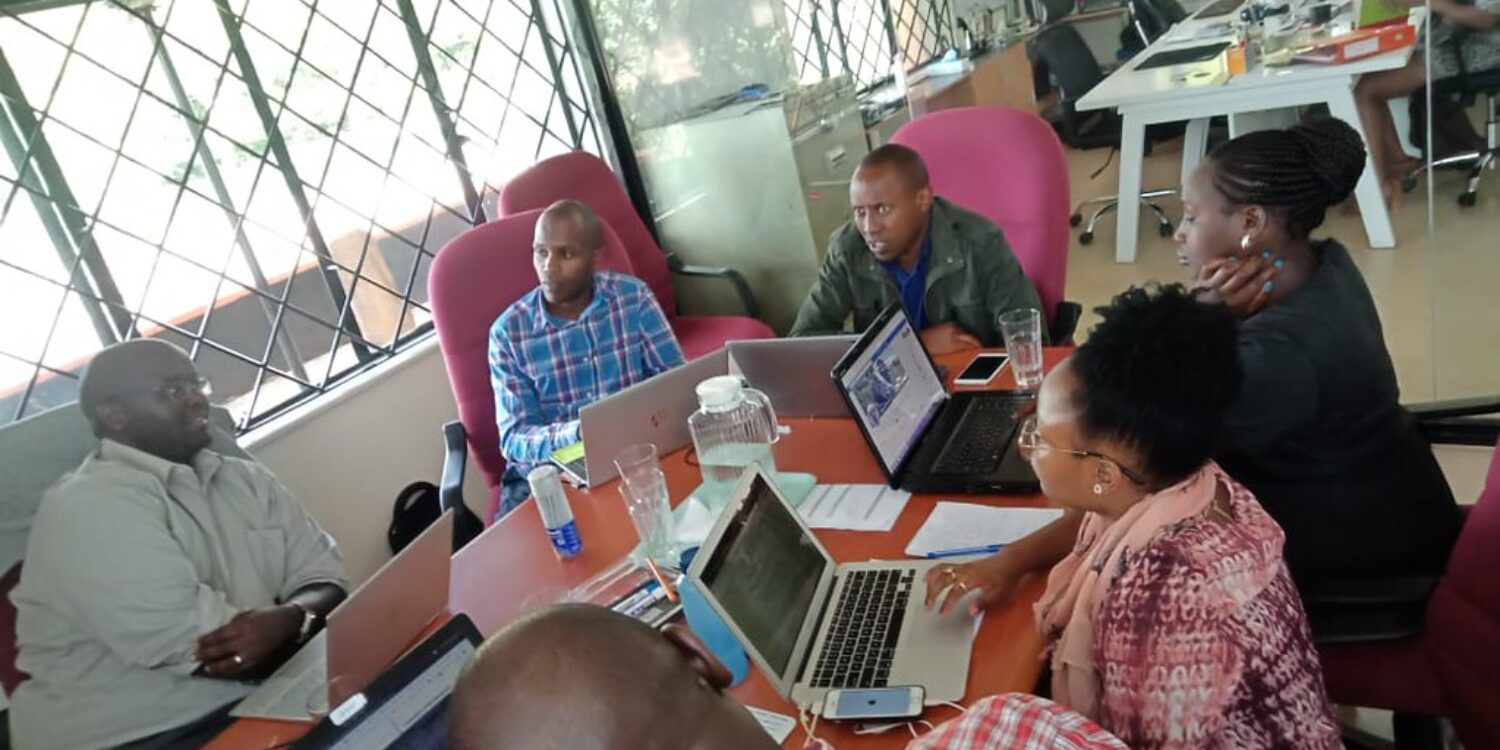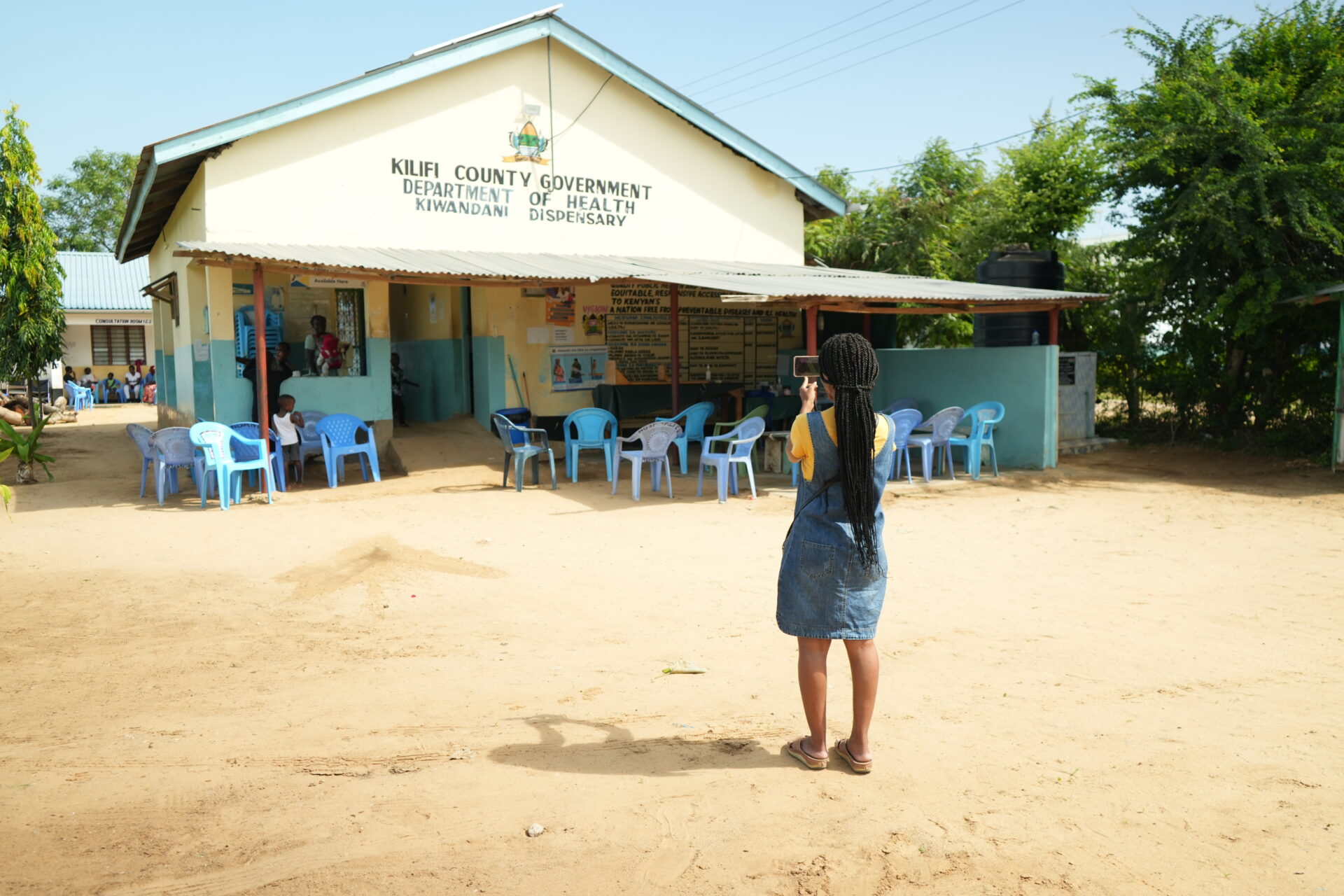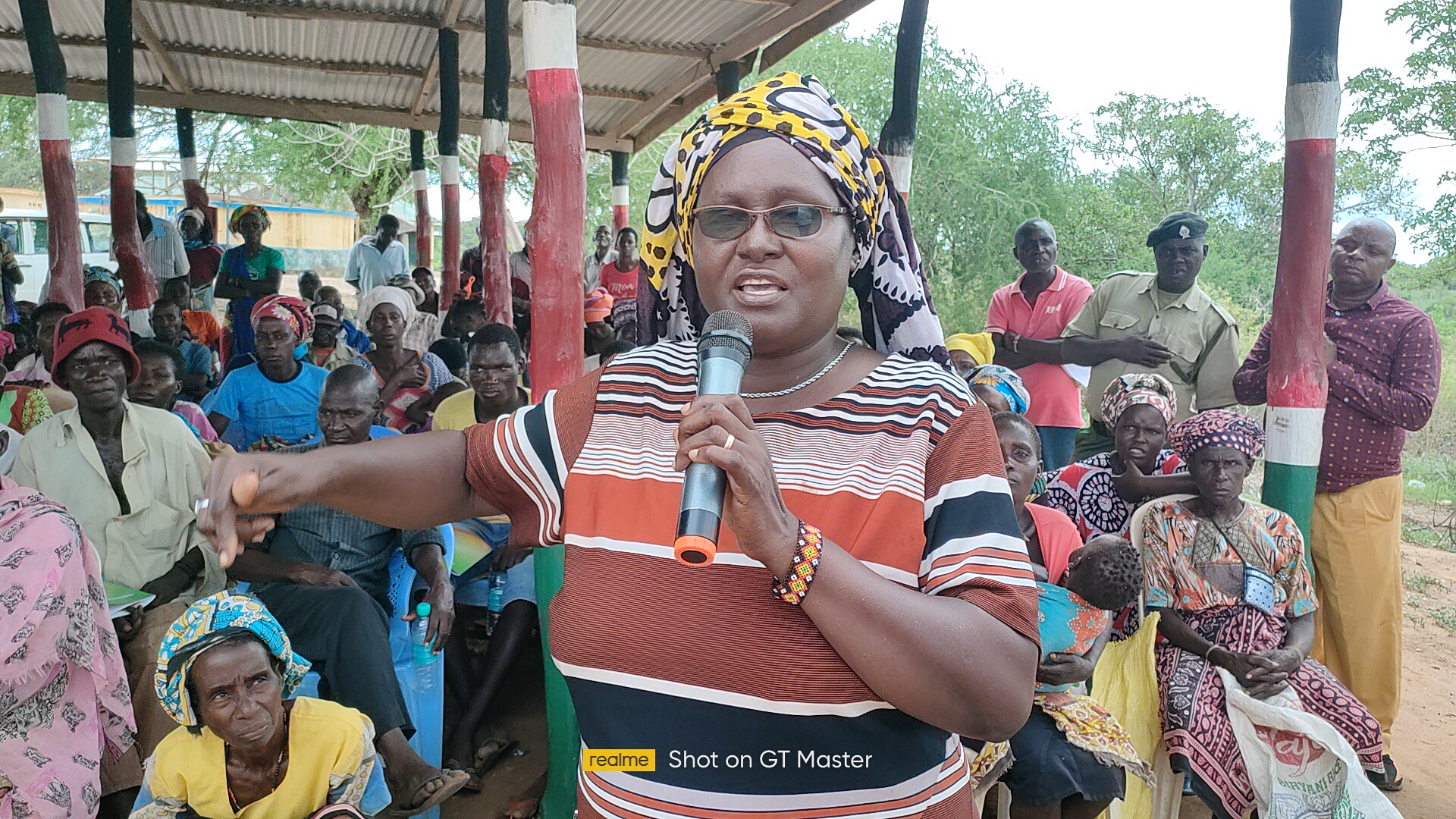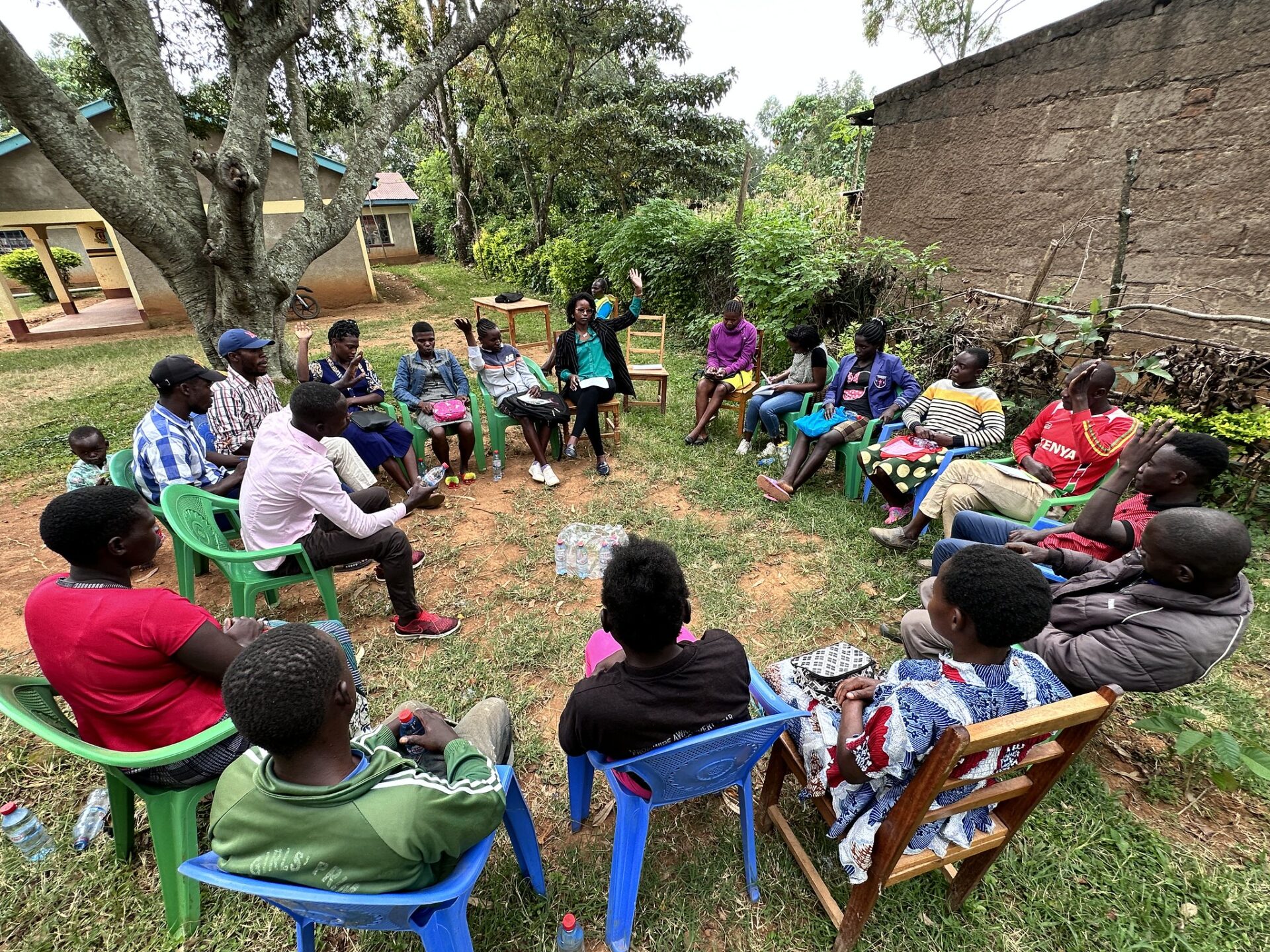Since 2013, we have been working together with counties and the World Bank in Kenya to develop systems to be transparent and engage citizens. The Open County Initiative provides a framework through which county-level engagement between county government, private sector and civil society is initiated and sustained. The programme also promotes an environment where citizens are given a seat at the table through public participation in governance processes such as county budgets, service delivery and the use of devolved funds which are critical to the improvement of their livelihoods.
In a nutshell, The Open County initiative comprises components which include: 1) the Open County Portal, 2) establishing County Data Desks in the counties, 3) The citizen engagement component that especially seeks to promote participatory budgeting 4) Integration of county websites with the Open County Portal, 5) Collaboration with the Kenya Open Data Initiative, among others.
This blogpost is meant to give a high-level explanation of what the Data Desks are and why we are doing it.
What are data desks?
Generally, Data Desks are platforms (offline and online) through which users can obtain (or be supported to obtain) relevant data about specific sectors at national or subnational levels. From the literature, such data predominantly includes budgets (to support public participation), spatial data, population, sectoral performance, policy targets, business services, and public services.
| Look up these examples |
| Germany (in German): http://www.gbe-bund.de/gbe10/pkg_isgbe5.prc_isgbe?p_uid=gast&p_aid=&p_sprache=Ehttps://www-skm.destatis.de/webskm/online/data;jsessionid=965A3C40E1E2FC270789FE0D86BF85F2.tomcat_SKM_1_1?Menu=Einleitung United States of America:https://www.usaspending.gov/#/https://www.newyorkfed.org/markets/data-hub South Africa: http://southafrica.opendataforafrica.org/http://dataknp.sanparks.org/sanparks/ World Bank Data Catalogue:https://datacatalog.worldbank.org/granularity/subnational |
We are careful here to make the distinction between a Data Desk and a Data Bank. Whereas a Data Bank is a repository of knowledge with time series data on a variety of topics; the definition is limited to electronic access of the data through creating your own queries; generate tables, charts, or even maps. In contrast, we posit that a Data Desk also has an offline component – that involves physically serving ‘data’ users, especially those who are not data literate.
We are also more interested in how a Data Desk serves the needs of the citizens.
Why a Data Desk?
Simply, a Data Desk facilitates answers to multiple stakeholders through data and evidence. But it is not enough to just sit back and tell people to change and suddenly start using data to make decisions. The truth is, there are so many other reasons – financial constraints, politics, emotions, competing priorities, among others.
In the public sector, better decision making has been ‘sold’ as the main reason to make data (and analytics) investments; but to no avail. Rather than tracking just accountability, for increased demand, why can’t the data also tell the story of success, highlighting what has been achieved?
Giving a data desk purpose and mandate
At the national or subnational level, for successful implementation, there is the need for both rational and emotional arguments to inspire people to understand that a shift to data-driven approaches is inevitable by first building data literacy skills and showcasing how data can positively influence how decisions are made. Further, proper policies on data collection, analysis and publication might need to be developed or strengthened, especially where such policies are non-existent or weak. Also, due to existing gaps in data collection standards, norms and reporting cycles, guidelines should also prescribe normative templates that can be used to collect the data.
Personnel working at the Data Desk are expected to collect, clean, upload and continuously update data to any online platforms and all its components. These cover all sectoral data, budget data, and events. They will also be the communication focal point as well as be able to undertake any training activities on data literacy. Thus, Data desk functions are not isolated, personnel manning the desk have to work closely with other (national or subnational) sectoral departments, ICT and Communications Departments, and external stakeholders such as development partners, politicians, private sectors, civil society organizations, academia and even the citizens.
The process to establish a data desk begins with establishing the needs and resources (personnel, technical capacities to be built and hardware/ software requirements) which guide the implementation activities – which include training and the technical integration of the respective Online Portal. After the implementation phase, operationalization of the data desk must occur through the adoption of guidelines and policies which then formally mandates the functions of the data desk to publish data. A public launch can take place thereafter; this is highly advisable so that all relevant stakeholders (including the citizens/communities) are sensitized about the functions of the Data Desk.

Data Desk foundations in Kenya
In Kenya, County Government Act, 2012 (s. 87 a, b) requires the involvement of citizens in the preparation of budgets, policies, as well as planning by the County Government. Consequently, ICT infrastructural investments should be considered to strengthen E-participation as follows:
- Sustainable frameworks are being developed by various county governments to help in keeping subnational and more granular data updated; the data desk is one such initiative.
- Innovative bottom-up and top-down channels that make use of ICTs (SMS, digital notice boards and other new media) have been deployed (for example Nairobi, Vihiga counties, etc.) for both disseminating information (efficiently and effectively) and collating feedback.
In Kenya, the data desk is created and implemented at the subnational level in a county as well as at the Council of Governors (CoG). The role of the data desk at the county and CoG will entail a similar approach, with the supply of requisite data at the national level as needed at CoG. This ensures activities related to data use and evidence are embraced and sustained by the county governments. It also provides a framework by which scale-up to other county governments would occur.
Figure: Main process for the establishment of a data desk in Kenya
Personnel at the Data Desk would be required to respond to important technical queries from both internal (County Staff, the Executive, County Assembly, National Government) and external stakeholders (media, citizens, CSOs, private sector).













